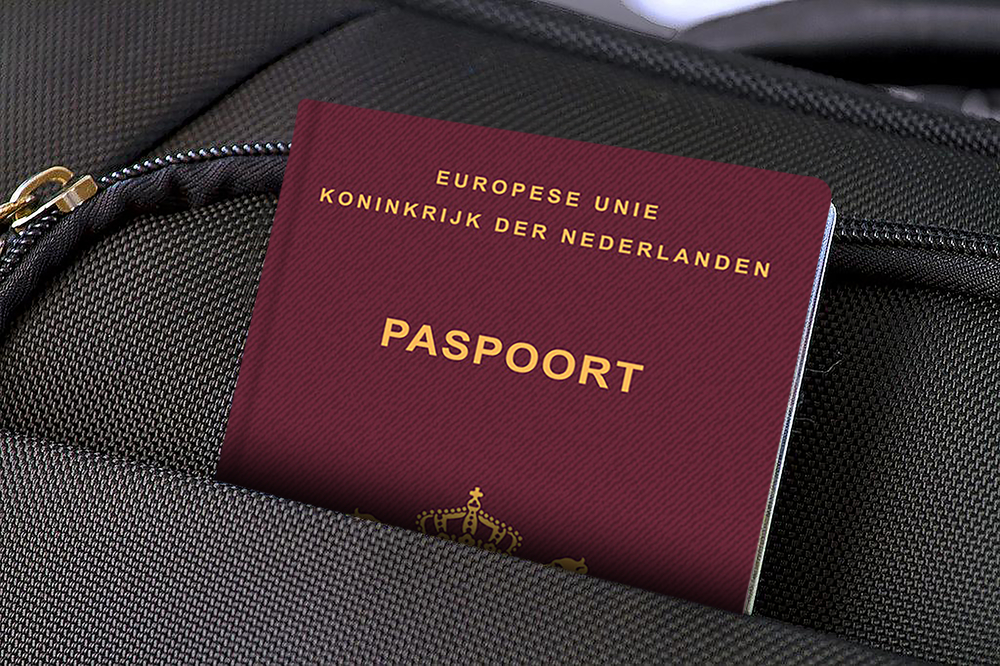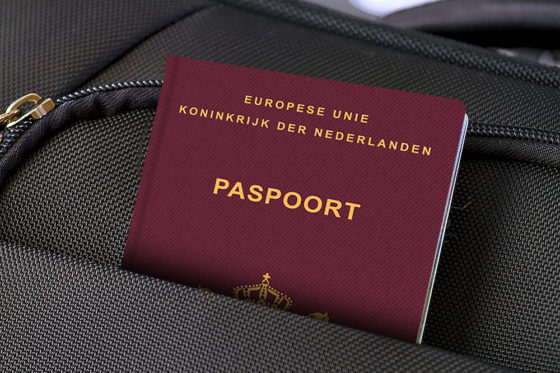Ex-students with Duo study debts blocked from renewing passports


Former students living abroad have not been able to renew their Dutch passports if they had money owing to the Duo student loan body, reports Trouw.
According to the paper, some 2,700 ex-students living abroad have been affected in the past 10 years. If they made an agreement on repayments to the body, their passports were temporarily renewed for 12 or 24 months.
The paper claims some 100,000 people study in the Netherlands and go abroad without leaving behind an address, and four in five have study debts that are due. If these exceed €5,000, reports Trouw, their passport details are added to a register and once there, passports can only be renewed with the agreement of Duo.
Criticism
The National Ombudsman has criticised the behaviour of the organisation, and in 2020 it promised to communicate more fully about the passport ‘signalling system’, take more account of current student income and take a more human approach.
But Trouw reports that there are still frequent complaints about how Duo behaves towards former students with debts owing and living abroad.
Duo told Trouw that the action was proportionate. ‘If someone says that they cannot pay their debts, we make a payment plan that fits the debitor’s personal situation,’ spokesman Bert Viel reportedly said. ‘But in situations where someone is knowingly evading the statutory obligation to repay, this action is proportionate.’
The passport ‘signalling’ system registers people who cannot renew their documents for reasons including debts to the Dutch tax office and Duo, as well as suspected crime, fraud and bankruptcy.
Criticism
A spokeswoman for the national ombudsman told Dutch News that the body receives around one complaint a month. Although passport signally is legally allowed, the body believes it is ‘a very extreme measure’ and should only be used when necessary and not by government bodies to force debt payment.
‘If there is good contact between Duo and the ex-student, and the student shows that they cannot pay the debt owing, then it makes no sense and is inappropriate to block their passport,’ said ombudsman Reinier van Zutphen.
He said that using the scheme could be helpful in getting in contact with an ex-student when all other attempts had failed, but the passport block was often enforced until an ex-student had signed a payment plan.
‘You cannot force payment if the ex-student simply cannot afford to make it,’ he added. ‘Blocking someone’s passport very quickly becomes inappropriate because it can have enormous consequences on the former student’s social and work life. This does not increase their chances of repaying the student debt.’
Debt to NL
Viel told Dutch News that the passport signal was used as a way to contact people with debts who had not provided a forwarding address. ‘This happens on average 250 to 275 times a year,’ he said in an email.
‘The goal is to encourage former students to renew contact with Duo so that we can discuss their payments owed. If we succeed in reestablishing contact and a debt payment plan is drawn up, the passport signal is withdrawn.’
He said that the organisation had been trying to commuicate better, with a more personal touch, and that more than 50% of ex-students with a payment plan have avoided legal measures to cash in the debts. ‘The number of dossiers sent to the Central Judicial Collection Agency for default has decreased hugely in recent years because of this,’ he added.
Thank you for donating to DutchNews.nl.
We could not provide the Dutch News service, and keep it free of charge, without the generous support of our readers. Your donations allow us to report on issues you tell us matter, and provide you with a summary of the most important Dutch news each day.
Make a donation